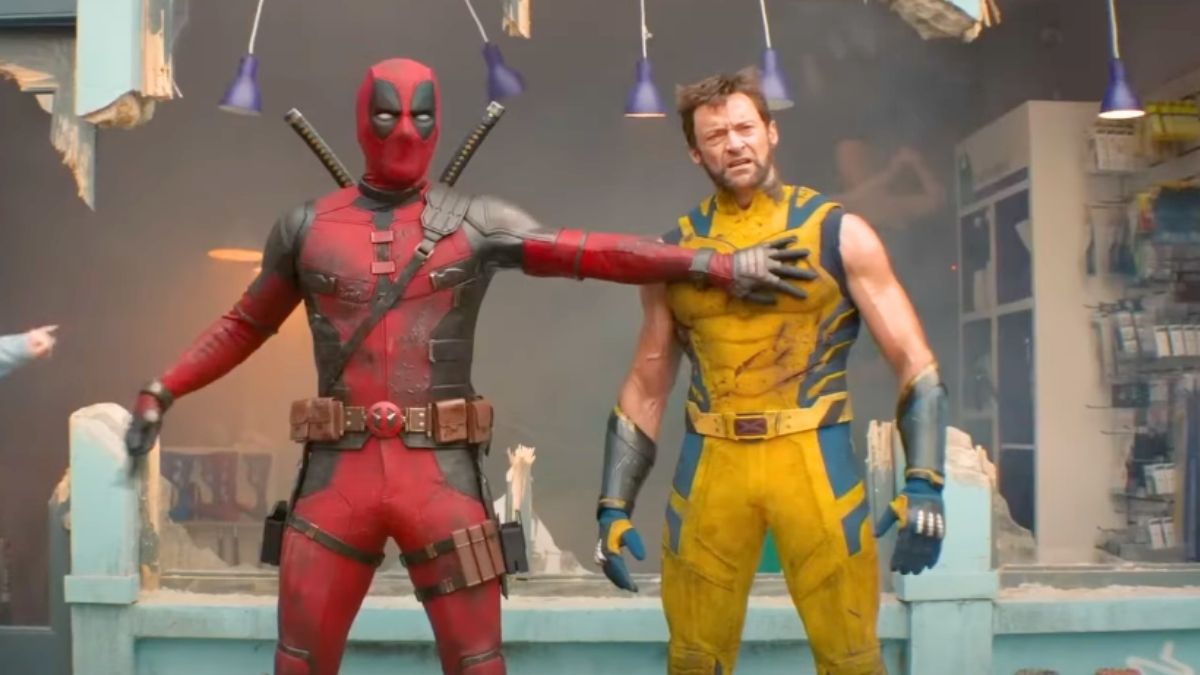Award-winning director Paul Thomas Anderson’s Licorice Pizza is already picking up critical acclaim. It looks to be yet another prize contender for Oscar season, but many call out the film for cultural insensitivity.
In two scenes, John Michael Higgins’ character, Jerry Frick, owner of The Mikado, LAs first Japanese restaurant, speaks to his first and second wives, respectively. Both women are of Japanese descent and seemingly interchangeable to Frick. The restauranteur speaks to both using an over-the-top fake Japanese accent that Culturally Relevant podcast host David Chen has characterized as “buffoonish.”
Others have pointed out that the insensitive caricature seemed to serve no real purpose to further the film’s narrative. Director and Writer Karen Maine calls the scenes “seemingly pointless,” stating that their only purpose is “a cheap laugh.”
Anderson has defended the film as representing the racist attitudes of the time, stating, “I think it would be a mistake to tell a period film through the eyes of 2021. You can’t have a crystal ball. You have to be honest to that time. Not that it wouldn’t happen right now, by the way. My mother-in-law’s Japanese, and my father-in-law is white, so seeing people speak English to her with a Japanese accent is something that happens all the time. I don’t think they even know they’re doing it.”
However, many take issue with this slice of life approach toward racist attitudes of the time and argue that a director as skilled PTA should actually establish his authorial intent. In the past two years, it’s been evident that attitudes towards Asian Americans have not changed all that much since the 70s.
“That’s exactly what we see with the racist jokes in Licorice Pizza, where Asian viewers are ere experiencing theatrical experiences where a predominantly white audience laughs along with the racist joke instead of taking it as an uncouth relic of a bygone era,” wrote one viewer.
This isn’t the first controversial issue to be raised by Licorice Pizza. Some on social media have definitely looked askance at the love story between the protagonists in the film, a fifteen-year-old boy and a twenty-five-year-old woman. Even several critics have described being made uncomfortable by the ten-year age gap.
The controversies don’t seem to negatively affect the critical performance of Licorice Pizza, though. The film has a 90 “Universal Acclaim” rating on Metacritic based on an aggregate of 39 reviews.
Licorice Pizza has been in limited release since November 26 and goes into wide release on Christmas Day.









Published: Dec 14, 2021 04:15 pm